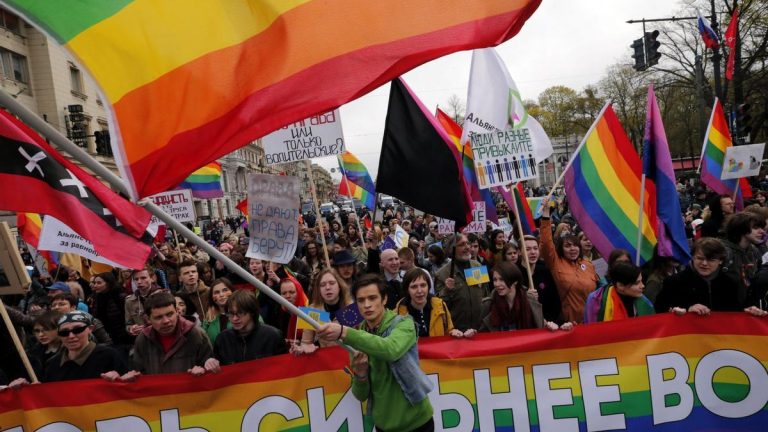Introduction
In its latest report, the General Prosecutor’s Office highlights hate crimes as the most severe expression of discrimination and an attack on fundamental norms of coexistence. Specifically, convictions for crimes targeting sexual orientation and gender identity increased by 23.3% last year, comprising the majority of the 125 sentences handed down for such offenses, surpassing even racism and xenophobia. Despite advancements in legislation and societal attitudes, the LGBTQ+ community in Spain continues to face alarming levels of violence and discrimination, with many incidents going unreported or not being properly categorized.
Overview of Hate Crimes Against the LGBTQ+ Community
The statistics provided by the Ministry of Interior reveal a concerning trend: one in four of the reported 1,869 hate crimes in 2022 targeted the LGBTQ+ community. However, these figures likely represent only a fraction of the true extent of hate-motivated incidents, as evidenced by the underreporting estimated at eight out of ten cases. Additionally, many reported incidents may not be accurately captured in official statistics due to accompanying crimes or flawed identification protocols. The need for a comprehensive and detailed official registry to track all forms of discrimination is underscored by both the Prosecutor’s Office and LGBTQ+ advocacy groups.
Case Study: The Tragic Death of Samuel Luiz Muñiz
The brutal killing of Samuel Luiz Muñiz in A Coruña in 2021, following homophobic slurs, shocked the nation and served as a wake-up call to the pervasive nature of homophobia in Spanish society. This tragic incident highlighted the urgent need for greater awareness and action to address the ongoing violence and exclusion faced by LGBTQ+ individuals. The persistence of homophobic attitudes and behaviors, whether overt or subtle, underscores the significant societal challenges that remain unresolved.
Underreporting and Institutional Response
Despite Spain’s progressive legal framework for LGBTQ+ rights, hate speech and discriminatory practices persist, exacerbated by the legitimization of such sentiments through political discourse. The alliance between Vox and the People’s Party in various regional governments has enabled the propagation of intolerant rhetoric, posing a threat to the rights and safety of LGBTQ+ individuals. Proposed legislative changes, such as amending antidiscrimination laws or reversing burden-of-proof reforms, risk undermining the progress achieved in safeguarding LGBTQ+ rights.
Legislative Protections and Societal Reflection
While Spain boasts some of the most advanced legal protections for the LGBTQ+ community, ongoing efforts are required to ensure their effective implementation and enforcement. This necessitates not only improved governance but also critical reflection on societal attitudes and political discourse that fuel prejudice and intolerance. The essence of coexistence is at stake, demanding a collective commitment to upholding the rights and dignity of all individuals, regardless of sexual orientation or gender identity.
Conclusion
In conclusion, the escalation of hate crimes against the LGBTQ+ community in Spain underscores the urgent need for comprehensive societal and institutional responses. Beyond legislative measures, fostering a culture of acceptance and inclusivity requires ongoing education, awareness-raising, and proactive measures to combat discrimination and violence. Only through concerted efforts can Spain truly fulfill its commitment to equality and justice for all its citizens, regardless of sexual orientation or gender identity.


